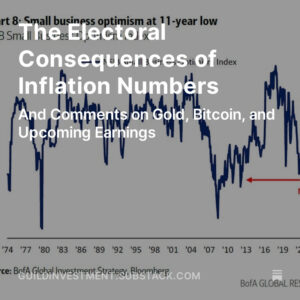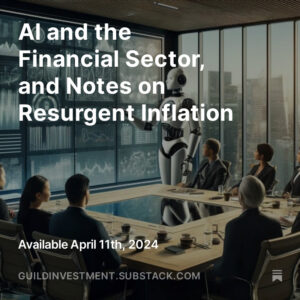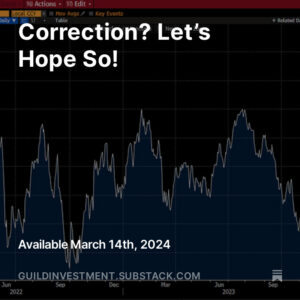Market Summary
Pundits Are Wrong Again: Europe Continues to Grow post-Brexit
Prior to the Brexit vote, many pundits were pushing the narrative that Brexit fears would create a big decline in business’ expansion plans. They believed that the fear of future economic decline would make businesses want to retrench. It was expected that many U.K. operations domiciled abroad would start selling their British office headquarters and begin laying off employees, and that business confidence would be badly damaged — causing a liquidation of inventories and a desire to move out of the U.K. This pessimism, they thought, would be visible in economic statistics and early warning indicators of economic activity such as the Purchasing Manager Indices (PMIs).
This has not happened — in fact, if anything, PMIs have been stable and slightly higher in Europe as a whole. In fact, both the euro and the British pound have risen versus world currencies since the first few days of panic that followed the vote. So far since the victory of the Brexit vote, there has been no psychological impact and very little manifest fear of a collapse of trade between the U.K. and Europe.
Businesses and consumers obviously do not agree with the pundits that Brexit will substantially damage economic growth in Europe in the short run.
Before and after the Brexit vote, Europe’s growth rate has been slow and steady, with growth at the pre-Brexit rate expected to continue. This will create an ongoing opportunity in Europe for investment. We would use market corrections to buy British and European stocks. Here at GIM, we are looking for undervalued European companies to add to client portfolios.
This is another clear case of panic and overreaction to expert fear-mongering. First the pundits called the vote wrong, and in order to support their call for no Brexit, they promoted a story that Brexit would be disastrous for the European economy. So far, they have been wrong and the business community — whose job is to grow and create more opportunities — has been correct in their more optimistic outlook.
Low Interest Rates Create Pressures For Fiscal Policies To Stimulate Economic Growth
Central banks in the developed world have lowered rates to such an extent that the negative bound has been breached (i.e., interest rates are below zero) and they have very little they can do on the monetary front short of actually giving cash payments to many citizens of their countries.
Most of the options open to these major central banks are currency-depreciating tactics to allow their governments to repay debt in depreciated currency which gradually declines in buying power over a number of years. By depreciating their currency, which is a tactic used after both the First and Second World Wars, debts are repaid with higher tax receipts as citizens are pushed into higher tax brackets. This will be a boon for commodity investments: gold, real estate, commodity-producing companies, and those which hold large amounts of commodity assets and which borrow in depreciating dollars.
The Two U.S. Presidential Candidates Are Both Presenting Inflationary Messages: Are the Seeds Being Sown For a Return to a More Inflationary Environment?
Donald Trump’s proposals sound a populist note which will include low interest rates and lower tax rates. Hillary Clinton is plumping for higher taxes and more redistribution of wealth. More wealth redistribution will mean a continuation of the current budget deficits, which would be inflationary — while a low-interest-rate regime under Donald Trump, along with the tax cuts he proposes, would also be inflationary. Investors should realize that whoever is elected, a trend toward higher inflation may be the wave of the future.
Markets
We continue to be bullish on several markets, and because we are now nearing the often volatile September/October timeframe, we are waiting to buy some quality companies in the U.S., India, Brazil and other countries on a mild market correction.
Thanks for listening; we welcome your calls and questions.







